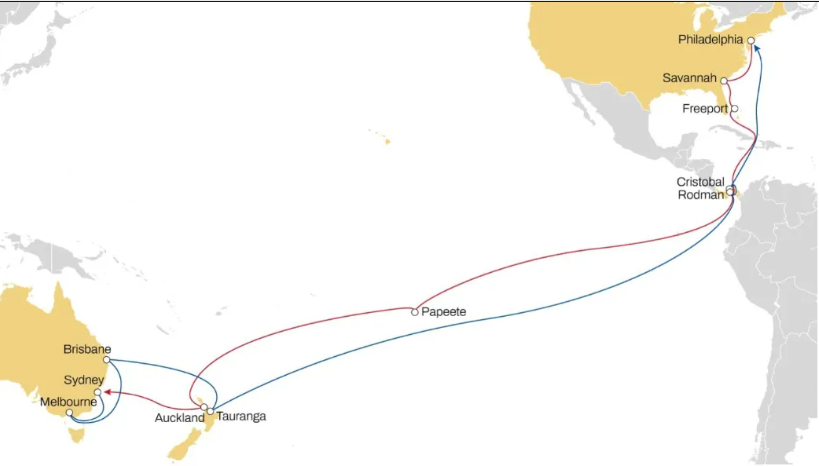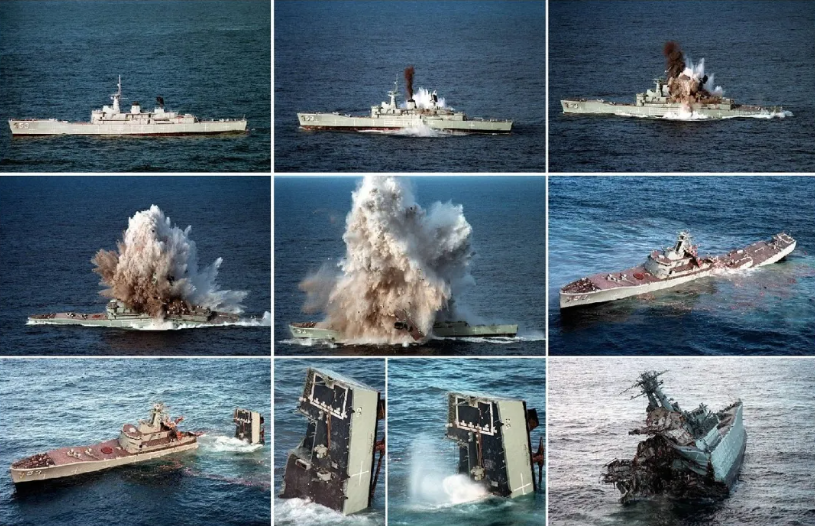At the end of May, the Liberia-flagged vessel MSC Elsa 3 capsized off the coast of India, triggering a wave of plastic pellet pollution along the western coastline of Sri Lanka.
The ship, which was carrying 640 containers — including 13 classified as hazardous — sank near Kochi. Among the cargo were plastic pellets, small granules used in plastic manufacturing. These pellets have since washed ashore near Wadduwa, south of Colombo, causing what locals and observers describe as a serious environmental hazard.
An Australian tourist visiting the area told the media that she had seen plastic pellets and other marine debris scattered along several kilometers of beach. “Basically, all the sand for several kilometers was contaminated,” she said, highlighting the extent of the pollution. She noted that local workers were using sieves to filter the sand, separating the pellets from shells and debris, placing them into water-filled containers, and then transporting them to Colombo.
According to reports, the cleanup operation is being managed by the insurance company of the MSC Elsa 3. A representative from Sri Lanka’s environmental authority, speaking to the tourist at the site, confirmed that the pellets were directly linked to the MSC Elsa 3 incident. He stated that once cleaned, the pellets would be reused in the production of plastic products, including medical equipment.
This event has drawn comparisons to the 2021 X-Press Pearl disaster, which also occurred off the coast of Sri Lanka and released similar plastic pellets and toxic materials into the marine ecosystem. Four years later, the country once again faces the task of mitigating widespread coastal pollution caused by a foreign container ship.
While some of the plastic pellets are being recovered, environmental officials warn that many may remain in the ocean, where they could break down into microplastics and enter the marine food chain, causing long-term damage.
The latest spill has heightened scrutiny over the transport of hazardous goods and emergency response standards in South Asian waters — especially in light of the growing number of fires and capsizing incidents involving container vessels, such as the recent Wan Hai 503 fire.

Last
MSC launches new route! Oceania to U.S. East Coast
MSC has announced that it will launch its new Eagle Service connecting Australia and New Zealand to the U.S. East Coast starting i

Next
Russia Expands Maritime Controls Amid Rising Attacks on Oil Tankers
Recently, Russian President Vladimir Putin signed a new decree requiring that any vessel entering Russian ports from abroad must o
